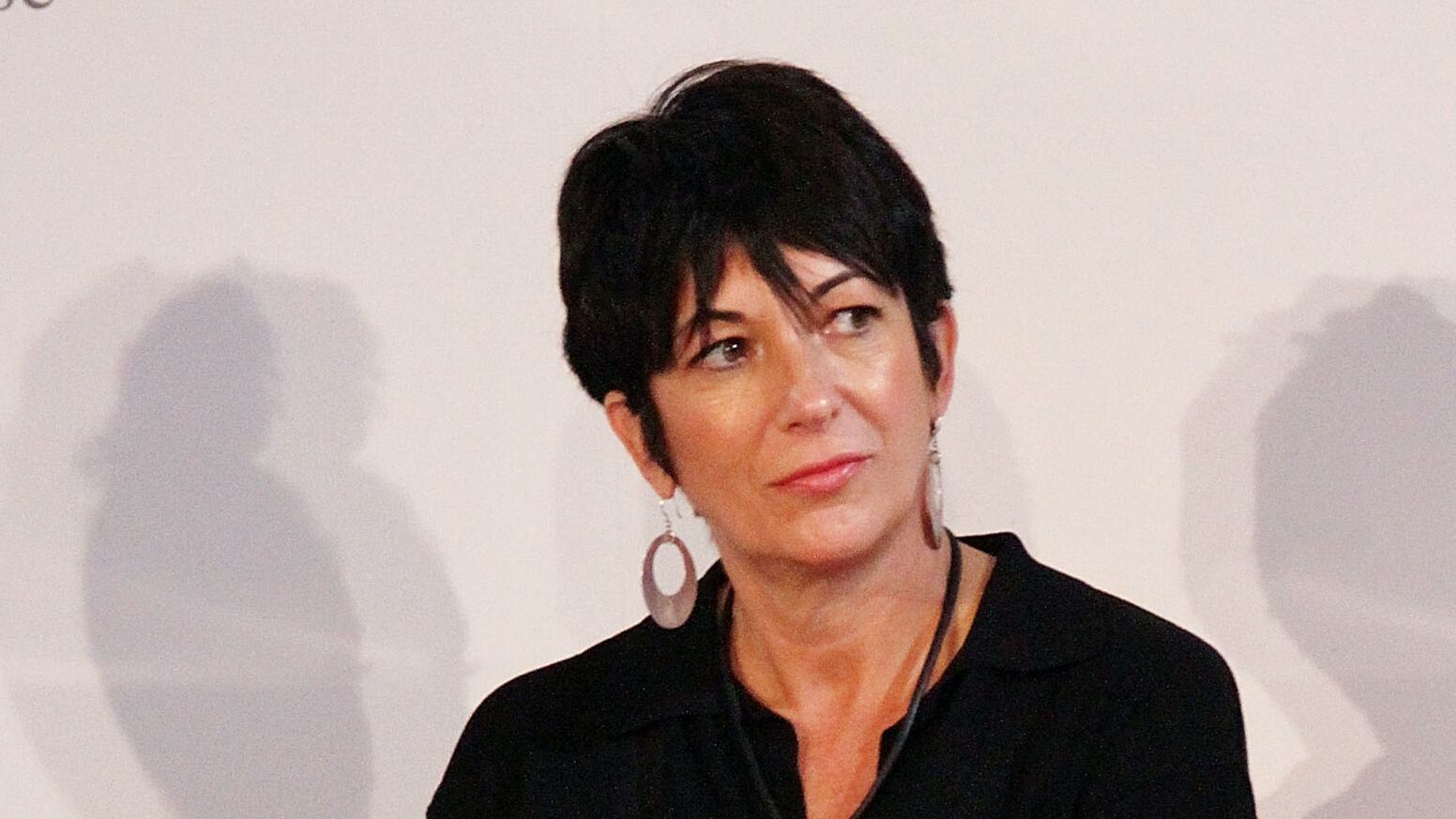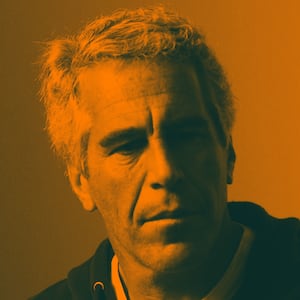Prosecutors in Ghislaine Maxwell’s criminal case have asked a judge to ban the British socialite from claiming that she too was a victim of wealthy sex-trafficker Jeffrey Epstein as a possible defense at trial, new court filings reveal.
Maxwell, 59, is charged with grooming and abusing four underage girls for Epstein, her former boyfriend and employer, in the 1990s and early 2000s. She has pleaded not guilty and will face a Manhattan federal jury later this month.
In an unredacted motion filed Friday, the government argued that Judge Alison Nathan should forbid “the defense from making the baseless argument” that Maxwell was a victim of the late financier, who killed himself in a New York lockup weeks after his July 2019 arrest for sexually exploiting scores of underage girls.
ADVERTISEMENT
“The Government’s years-long investigation has not developed any evidence that the defendant was victimized in any way by Jeffrey Epstein,” the court filing stated.
Prosecutors said that in “many” meetings with Maxwell’s legal team—including before the grand jury heard the case—defense attorneys “made a variety of factual assertions in order to dissuade” the feds from charging Maxwell. Those arguments did not include allegations that Epstein abused the heiress, according to the government.
Still, the government said, Maxwell’s lawyers declined to answer whether they plan to offer such evidence when the trial’s opening statements begin on Nov. 29.
Maxwell’s attorneys should be required “to make an offer of proof before permitting any questioning or argument alleging that [Maxwell] is a victim of abuse by Epstein—or anyone else, for that matter,” prosecutors added.
Allowing this line of argument “would be highly prejudicial to the Government and confusing to the jury,” the government stated. “It would primarily serve to invite the jury to feel sympathy for the defendant, providing an unlawful basis for jury nullification.”
Last week, Nathan denied prosecutors’ request to keep this particular motion confidential, calling their proposed redactions “overbroad.”
Assistant U.S. Attorneys had argued the court filing should remain sealed until after trial because it “would likely result in significant publicity, which would be highly prejudicial to the Government if in fact there is no good-faith basis for the argument, as the Government suspects will be the case.”
The pretrial motion on admissible evidence is one of many before Judge Nathan, who will rule on what arguments, exhibits and testimony to exclude from trial.
Maxwell is requesting the court bar statements made by alleged co-conspirators and exhibits including framed photographs, a box containing a sex toy described as “Twin Torpedos,” and a document titled “Household Manual.”
“Ms. Maxwell did not create the document and no evidence exists suggesting that she did,” her lawyers wrote of the household instructions. They added that the document “reflects a lifestyle that many jurors may find offensive.”
The socialite’s lawyers also want the court to toss evidence related to the indictment’s Minor Victim 3, arguing she was of the age of consent in the U.K., where the alleged abuse occurred in 1994 and 1995.
Meanwhile, Maxwell is seeking to use “consent” as a defense in her case, arguing some victims could have been charged with prostitution at the time of the alleged trafficking.
“Depending on the age of the accusers during the time frame of the conspiracy, consent may be an appropriate and viable defense,” Maxwell’s attorneys wrote in a motion. They argued that in Florida, where Minor Victim 4 lived and was abused by Epstein, the age of consent is 18 and “at the time of the alleged offense, individuals under the age of 18 could be charged with commission of the crime of prostitution.”
In connection to the charges related to Minor Victim 4, Maxwell’s team said, “it is appropriate to raise the defense of consent to engage in prosecution.”
“Consent is not a valid defense to any of the counts in the Indictment,” the government noted in a filing of its own. “It is not a valid defense to sex trafficking of minors.”








